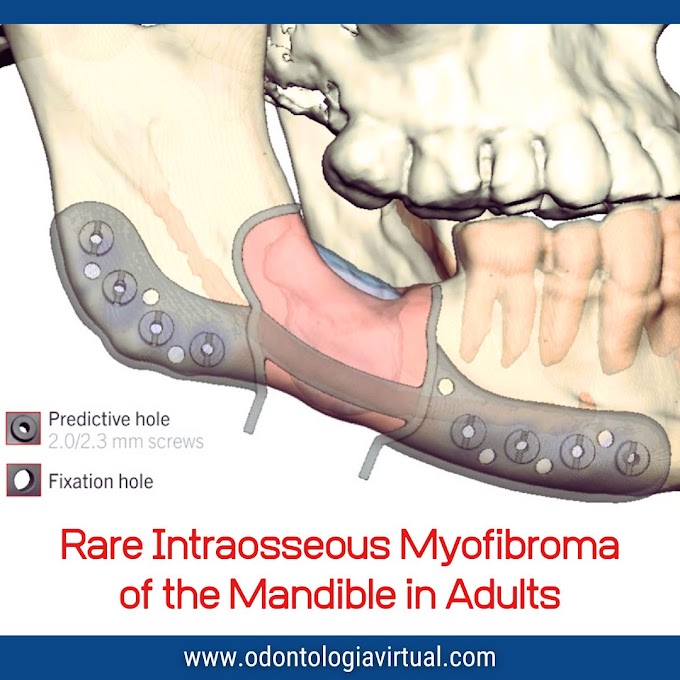In recent years, research has uncovered a possible connection between periodontal disease (when gums are inflamed and bleed) and Alzheimer’s disease, the most common form of dementia.
The bacterial link
Bleeding gums are a sign that the natural protective barrier is weakened.
This allows bacteria—especially Porphyromonas gingivalis, one of the main culprits in periodontitis—to enter the bloodstream.
Studies have shown that this bacterium, or its toxins, can travel to the brain, where they may:
★ Trigger chronic inflammation in brain tissue.
★ Increase beta-amyloid production, a protein associated with Alzheimer’s plaques.
★ Damage neurons and alter the Tau protein, which is essential for memory and learning.
► NAD⁺ and Oral Health: A Promising Pathway to Combat Periodontal Disease
What does research say?
★ Traces of Porphyromonas gingivalis and its toxic enzymes (gingipains) have been found in the brains of Alzheimer’s patients.
★ In animal models, oral infection with this bacterium leads to memory loss and brain lesions similar to Alzheimer’s.
★ People with severe gum disease have a higher risk of cognitive decline compared to those with healthy gums.
🛡 The good news: It’s preventable!
Keeping your gums healthy and free from inflammation may reduce the entry of harmful bacteria into your bloodstream—and potentially your brain.
To protect them:
1. Brush twice a day with the correct technique.
2. Use dental floss or interdental brushes daily.
3. Visit your dentist every 6 months for professional cleaning.
4. Don’t ignore frequent bleeding when brushing—it’s often an early sign of gum disease.
Conclusion
Your gum health may be more connected to your brain health than you think. Protecting your smile could also help protect your memory.













